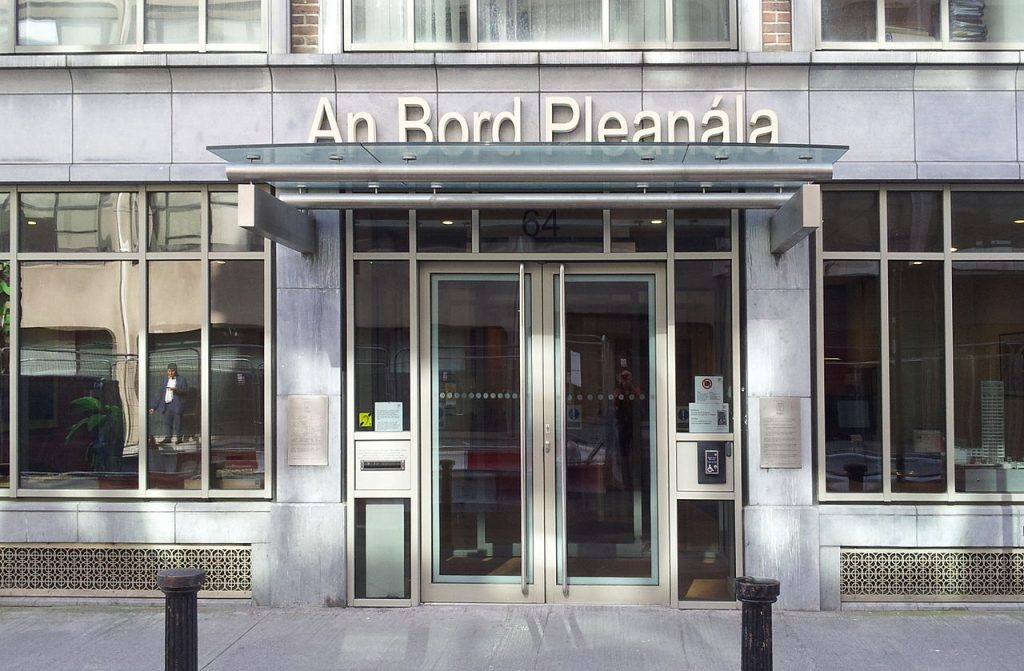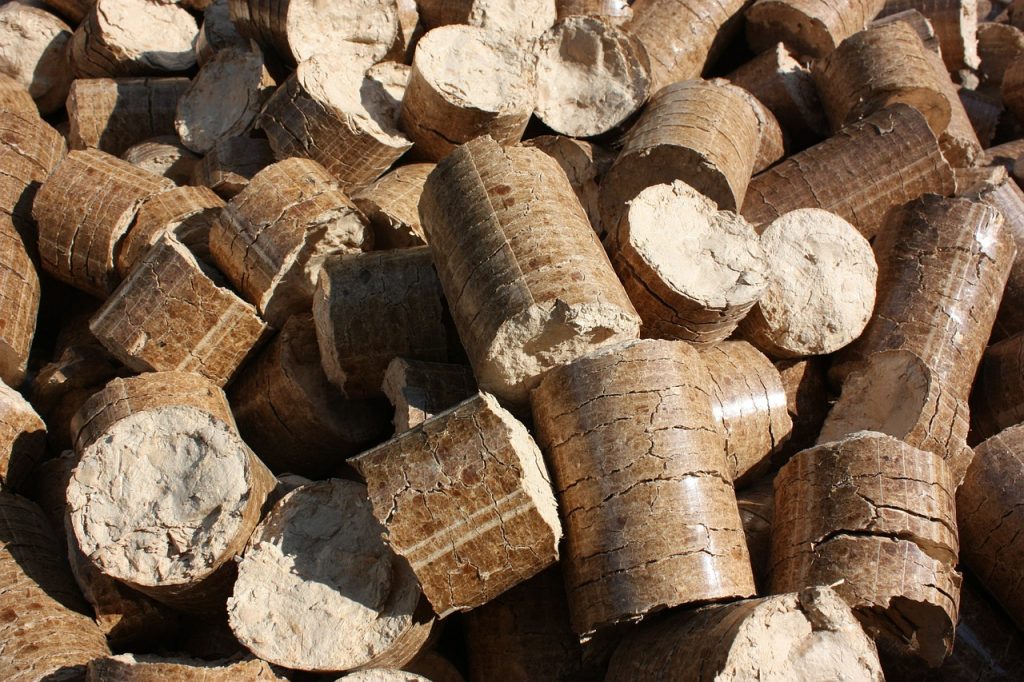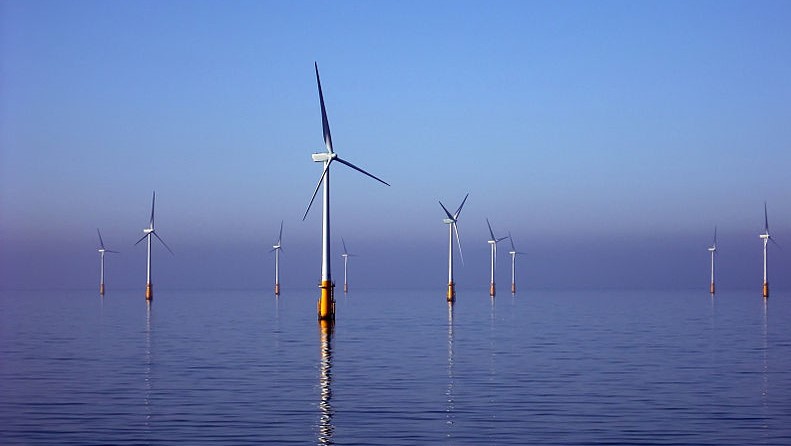ESB refused permission to convert peat station to co-fire with biomass

July 23rd, 2019
An Bord Pleanála has refused permission for the ESB to convert its peat plant at Shannonbridge in Co Offaly to co-fire with biomass due to biodiversity and climate concerns.
The decision from the planning authority puts a major dent in the semi-state’s plans to change the set-up at the West Offaly station in 2021 once its current permission for the peat-fired plant expires.
The planning authority said that there are several issues with the plans, including climate and water impacts from the continued harvesting and burning of peat.
The ESB planned to co-fire peat alongside biomass from 2021 until the end of 2027 when it said the plant would be fully biomass-fired.
The lack of information provided by the ESB on the potential sources of the biomass was also an issue, the Board said, as it could not reasonably determine that both the direct and indirect impacts on the environment would be sufficiently mitigated against.
The “inadequacy” of the indigenous biomass supply and “high dependence” on imported biomass would also be contrary to both EU and national climate and energy policy, the Board said. Previous schemes to establish a domestic source of energy crops such as willow and miscanthus have failed.
In addition, the Board said that it could not rule out that the plans for the 150MW station would not have the potential for significant impact on nearby protected nature areas.
The potential indirect impact on bogs used for the continued sourcing of peat for co-firing alongside biomass could not be ruled out based on the information provided by the ESB, the Board said.
The Board also raised concern that the prolongation of peat burning does not sit well with the fact that the cessation of peat as a fuel source is a “key competent within national climate and energy policy”. The State wants to completely phase out coal and peat fired electricity generation by 2030.
For these reasons, as well as concerns over traffic impact on the village of Shannonbridge, the Board determined that the development would “be contrary to the proper planning and sustainable development of the area”.

‘The beginning of the end’
Several environmental groups – An Taisce, Friends of the Earth (FOE) Ireland and Friends of the Irish Environment – all challenged the ESB’s plan as they argue that biomass co-burning would prolong peat burning.
They also argued that introducing biomass would do nothing to change emissions as biomass fuels can be just as damaging to the environment as traditional fossil fuels such as coal.
Speaking to The Green News, Kate Ruddock from FOE Ireland said that today’s decision is “the beginning of the end for peat bog destruction”.
“The decision not to grant permission for a peat and biomass station recognises the significant climate pollution generated when burning peat… or from biomass imported from unsustainable locations,” she said.
While the decision has come quite abruptly for most people, Ms Ruddock said that the news should not be surprising as we have known for decades that “burning peat for electricity is not compatible with a healthy climate”.
“It is now imperative that the Government establish a transition task force to ensure the transition out of peat burning is managed in a just and planned manner and supports those whose livelihoods are dependent on this industry and all fossil fuel-based industry,” she added.

Lough Ree shutdown
The ESB also planned to convert its Lough Ree station to co-fire with biomass, however, the application has been withdrawn following the plant’s indefinite shutdown over recent EPA compliance issues.
The latest developments will come as a major worry for over 300 people currently employed by both ESB and its peat supplier Bord na Mona that has already outlined plans to lay off staff since the Lough Ree closure.
SIPTU has called on the Minister for Climate Action Richard Bruton TD to take direct responsibility for “solving the crisis” that it said is “threatening thousands of jobs in the midlands”.
ESB Group of Unions secretary Willie Noone said today that the Board’s decision directly threatens hundreds of jobs in the midlands region.
“It is now highly likely, that due to increasing costs, the ESB may deem the continued operation of Shannonbridge Power Station unviable as early as January 2020,” he said.
“This means that over 300 direct jobs are at risk with hundreds more that indirectly rely on the operation of the power station also under threat.”
In a statement to The Green News, the Department of Climate Action said that it will “liaise” with both the ESB and Bord na Móna as the semi-state companies “study the implications of this decision carefully”.
“The Government’s overall objective is to ensure Bord Na Móna implement its Strategic Plan for the planned phased transition away from peat and the creation of new, long-term, sustainable employment opportunities for the Midlands into the future,” the statement continues.

Biomass trials
Bord na Mona had planned to import 37,000 tonnes of woody biomass from Australia to be used for a series of biomass trials at the ESB’s power stations.
Documents released to The Green News under Access to Information on the Environment (AIE) Regulations last year show that the ESB has previously carried out trials of biomass provided by Bord na Mona.
Biomass samples provided include sunflower husk from Eastern Europe and palm kernel shells from Asia, the latter of which Bord na Mona stopped importing in 2017 following an Irish Times investigation into the sustainability of the product coming mainly from Indonesia.
In March, Bord na Mona refused to release data on its biomass imports for 2017 and 2018 to The Green News following an AIE request.
Similar information from 2010 to 2016 was previously released to The Irish Times, with the paper finding that the semi-state was importing palm kernel shells from plantations in some of the world’s most biodiverse countries without knowledge of whether they have been sustainably sourced.
Following the investigation, Bord na Mona agreed to stop importing the product and would review the future supply of biomass “guided by the company’s sustainable business criteria”.
Bord na Mona’s Edenderry station is the only peat plant to currently co-fire with biomass, doing so for over a decade now. Last year, the plant reached a 41 per cent biomass co-fuelling rate, with 30 per cent of the biomass sourced from abroad.
[x_author title=”About the Author”]






